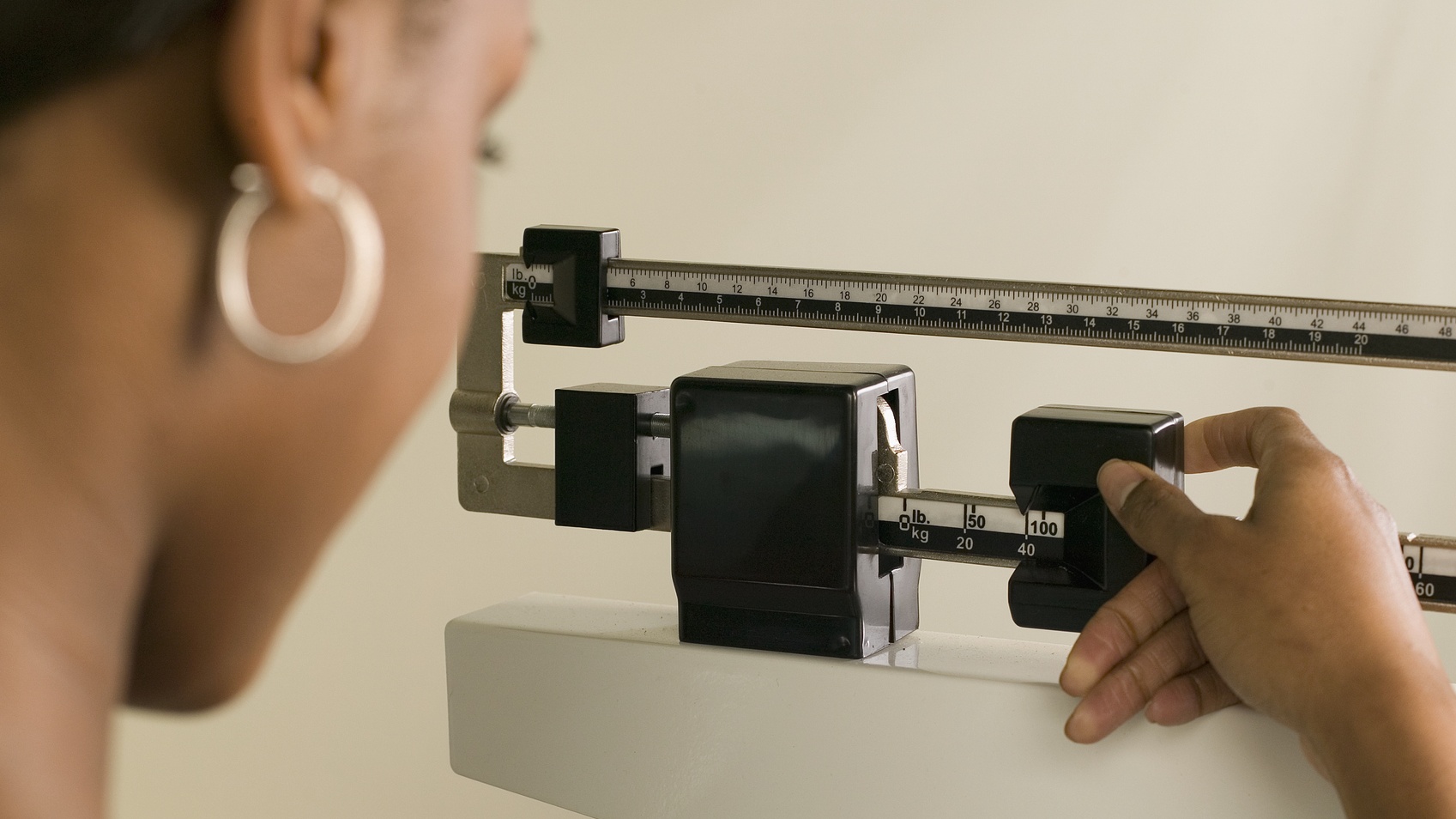Dozens of women have filed a lawsuit against a health product company, saying they failed a drug test and lost their jobs after taking a tea that was advertised as a weight management solution. Speaking to WSOC, the women said they tried the raspberry lemonade tea from Total Life Changes and tested positive for THC, the chemical found in marijuana.
D’etta Friday, a mother of two in North Carolina, said she tried the tea after seeing social media ads and hearing about it from a friend who was selling TLC products.
“I’m a Type 2 Diabetic and I was looking for a way to drop my A1C level,” Friday told WSOC.
Several people told me after they drank a tea promoted for health benefits, they were fired from their jobs.
Watch my #9investigates report MONDAY at 5pm @wsoctv
pic.twitter.com/wa22QemYK7— Allison Latos (@AllisonWSOC9) March 27, 2021
The Hickory, North Carolina woman, who held a job at a manufacturing company, was injured at work a few weeks after drinking the tea. She was then required to undergo a drug test as part of her worker’s compensation claim. Friday, who was confused when the test results revealed traces of THC, explained to her boss that she never takes marijuana. She pointed to the tea as the only possible explanation.
“I told him it says ‘0.0 THC.’ This is what I’ve been taking,” the mother of two said. “I do not do drugs. They escorted me to HR and HR took my badge and I’m in tears.”
Belinda Granger, a nurse in Florida, said she started drinking the tea to lose weight last year and became a distributor because she liked it so much. But Granger failed a drug test when she later applied for a new job. The nurse, who said she never ingests marijuana, was shocked when the results came back.
“I was clueless, devastated and of course I was questioning, ‘Are you sure you have the right person?’” she recalled.
It was a similar experience for Marilyn Williams, who worked in the nuclear industry in Minnesota. Williams said she was called for a random drug test at her job four days after she started drinking the tea.
“He asked me when was the last time I smoked marijuana,” Williams said. “I said 20 to 21 years ago. I felt like the whole room was closing in. I was in shock. Total shock.”
The Minnesota resident then conducted her own investigation on TLC’s Raspberry Lemonade, which is advertised as a product that contains “hemp extract” but 0.0% THC.
“I ended up going and buying at-home test kits,” Williams said. “I tested the tea and sure enough, the tea came up positive.”
According to WSOC, a lab test also revealed traces of THC in the product. Dr. Volker Bornemann, CEO of a lab known as Avazyme Incorporated, said the amount of THC found is enough to cause someone to fail a drug test.
TLC followed up with a statement, saying the company "is not in a position to report more fully at this time.”
“We are aware of the allegations about one of our tea products. At TLC, we care deeply about our customers and are committed to their well-being. We are in the process of learning more about the relevant facts," the company stated.
TLC CEO Jack Fallon also spoke with WSB-TV, saying he had no idea the tea contained THC.
"We use third-party manufacturers all over the world. We trusted them and obviously we got let down in some of these instances,” the CEO said.
TLC is now facing three class-action lawsuits.
“These are people who are good workers and family and community members who are not drug users. We don’t know yet the full scope of this problem. Whether it is restricted to a few batches or if it is widespread and every single bag is contaminated,” Kate Hollist, an attorney representing Friday, said.
Fallon said the company is working with the customers who have been affected as they strive to get their lives back on track after losing their jobs.
"We are in constant communication with them. We are meeting in New York on August 2 with a handful of them,” he said.
TLC’s website is still advertising the Raspberry Lemonade tea. However, the company no longer states that the product contains “0.0% THC.” There's also a disclaimer that is now included.
“We do not recommend use if you are subject to drug testing,” the warning states.
